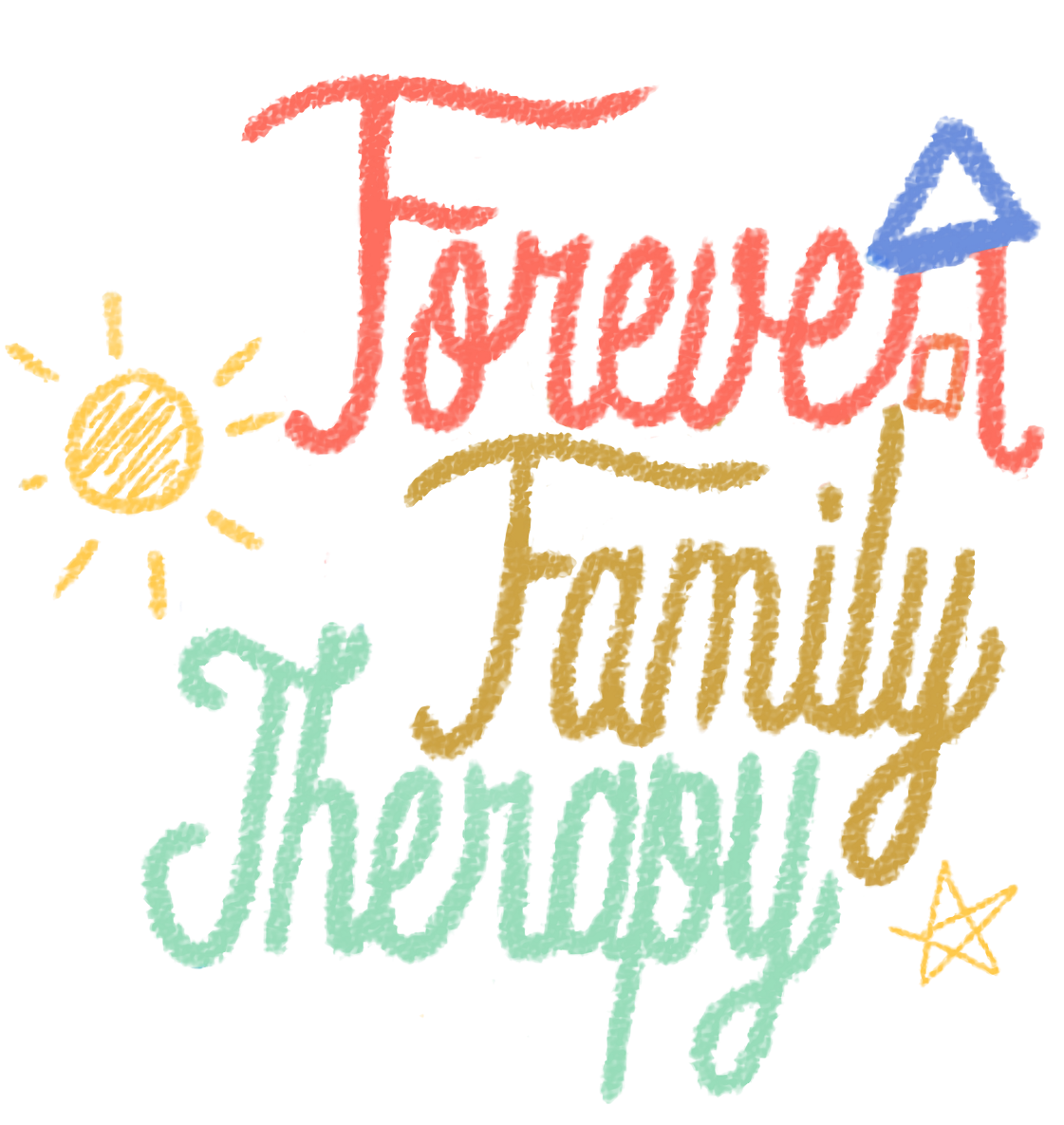At Forever Family Therapy, we often say: trauma doesn’t discriminate, and neither should our approach to care. Trauma-informed care (TIC) isn’t just a trend or buzzword—it’s a foundational shift in how we view and support people who have lived through difficult experiences. When trauma is overlooked or misunderstood, even the most well-meaning therapeutic efforts can fall short or, worse, re-trigger the very wounds they aim to heal.
According to the Substance Abuse and Mental Health Services Administration (SAMHSA), as highlighted in the NCBI's Trauma-Informed Care in Behavioral Health Services, trauma-informed care is a framework that acknowledges the widespread impact of trauma, recognizes the signs and symptoms in clients, and responds by fully integrating this awareness into clinical practice. The report emphasizes that trauma is not limited to major life-threatening events, it can stem from chronic stress, emotional neglect, systemic oppression, and relational harm, all of which can significantly affect mental and physical health.
Implementing a trauma-informed approach means we prioritize emotional safety, trust, choice, collaboration, and empowerment. It means asking “What happened to you?” instead of “What’s wrong with you?” And, truly listening to the answer. It also means examining our own systems and behaviors as providers to ensure we are not unintentionally perpetuating harm or reinforcing power imbalances.
Why should this be the standard? Because trauma is far more common than we think. Whether someone has a formal diagnosis or not, the effects of trauma ripple through their relationships, parenting, physical health, and capacity for self-regulation. A trauma-informed len, especially when it comes to parenting, helps us see beyond the behavior to the story behind it, and to offer care that honors that story with compassion and respect.
At Forever Family Therapy, we’re committed to making trauma-informed care the rule, not the exception! It’s embedded in how we speak, how we listen, how we hold space, and how we help families rebuild connection and resilience. Every person deserves to feel seen, safe, and supported in their healing journey.
For a deeper dive into the principles, research, and clinical implications of trauma-informed care, we recommend the full NCBI publication: Trauma-Informed Care in Behavioral Health Services.



